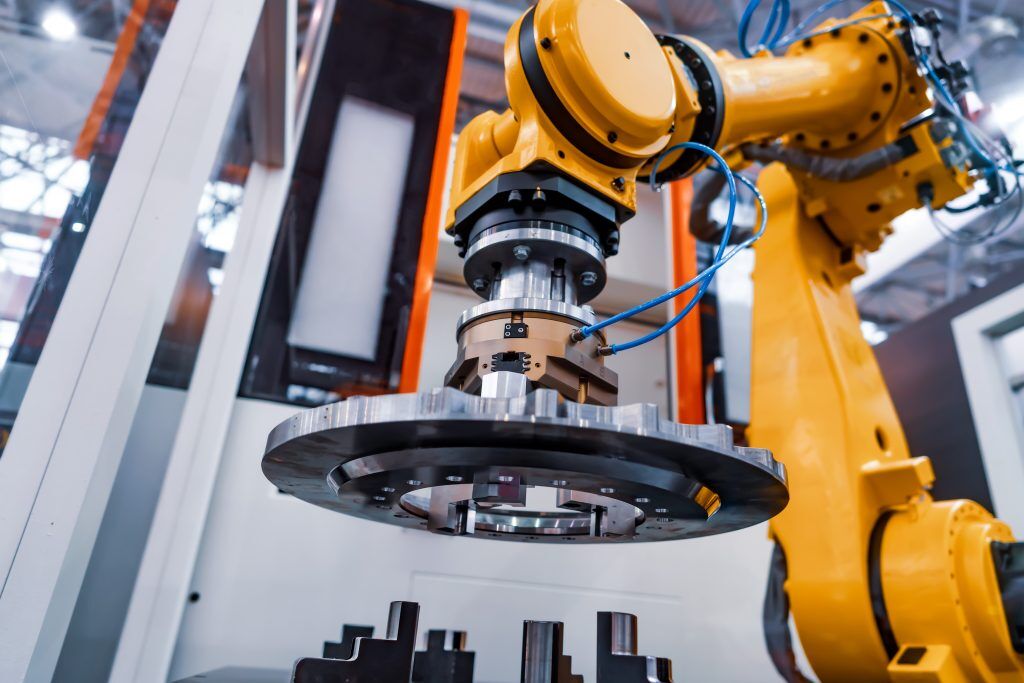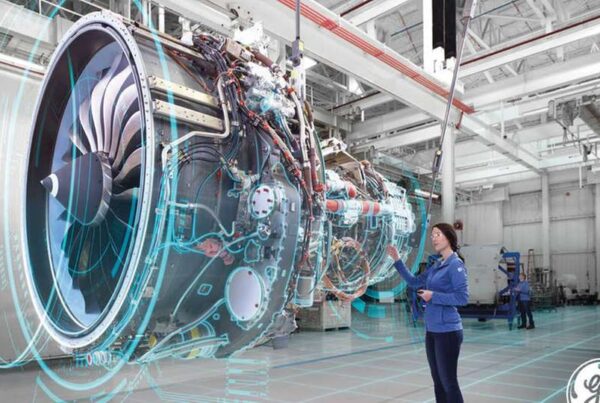Over the past few decades, advanced robotics have become an increasingly important part of the manufacturing industry. From automotive assembly lines to electronics production facilities, robots are now performing tasks that were once done by human workers. With the development of new technologies, robots are becoming even more advanced and capable, and are expected to play an even greater role in the future of manufacturing in America.
Efficiency
One of the key advantages of advanced robotics in manufacturing is increased efficiency. Robots can work continuously without breaks or fatigue, which means that they can perform tasks more quickly and consistently than human workers. They can also be programmed to perform complex tasks that would be difficult or impossible for humans to do, such as precision welding or assembling small components.
Robots can also work in hazardous environments that may be unsafe for human workers, such as in high-temperature or high-pressure environments. This can help to reduce the risk of injury or illness for workers, while also improving the overall efficiency and productivity of the manufacturing process.
Cost Effectiveness
In addition to increased efficiency, advanced robotics can also be more cost-effective than human workers in many cases. While the initial cost of purchasing and installing a robot can be significant, the long-term cost savings can be substantial. Robots can work continuously without breaks or overtime pay, and they do not require benefits or time off. They also do not need to be trained or managed in the same way that human workers do, which can save time and money.
Robots can also help to reduce waste and increase the accuracy of production, which can further reduce costs. By minimizing errors and reducing the need for rework, manufacturing facilities can save money on materials and labor costs.
Higher Quality
Advanced robotics can also help to improve the quality of manufactured products. Robots can perform tasks with a high degree of precision and accuracy, which means that they can produce parts and components that are consistent in size, shape, and quality. This can help to reduce defects and errors in the production process, which can lead to higher quality products.
Robots can also perform tasks that require a high degree of dexterity or precision, such as assembling small components or performing delicate operations. This can help to ensure that products are manufactured to exact specifications, which can be particularly important in industries such as aerospace or medical devices where precision is critical.
Challenges
While advanced robotics offer many benefits to the manufacturing industry, there are also some challenges that must be addressed. One of the biggest challenges is the initial cost of purchasing and installing robots. While the long-term cost savings can be significant, the upfront investment can be difficult for some companies to justify.
Another challenge is the need for specialized training and expertise to program and maintain robots. This can be a significant investment for companies, particularly those with limited resources or small workforces.
Finally, there is the concern that robots may replace human workers, leading to job losses and economic hardship for some workers. While robots can perform many tasks more efficiently and cost-effectively than humans, there are still some tasks that require the unique skills and abilities of human workers.
Conclusion
Overall, advanced robotics are poised to make a significant impact on the future of manufacturing in America. By increasing efficiency, reducing costs, and improving the quality of manufactured products, robots can help to make American manufacturers more competitive in the global market. However, it is important to address the challenges associated with implementing advanced robotics in manufacturing, including the upfront costs, the need for specialized training and expertise, and the potential impact on human workers. By working to address these challenges, American manufacturers can take advantage of the benefits of advanced robotics and maintain their position as leaders in the global manufacturing industry.





